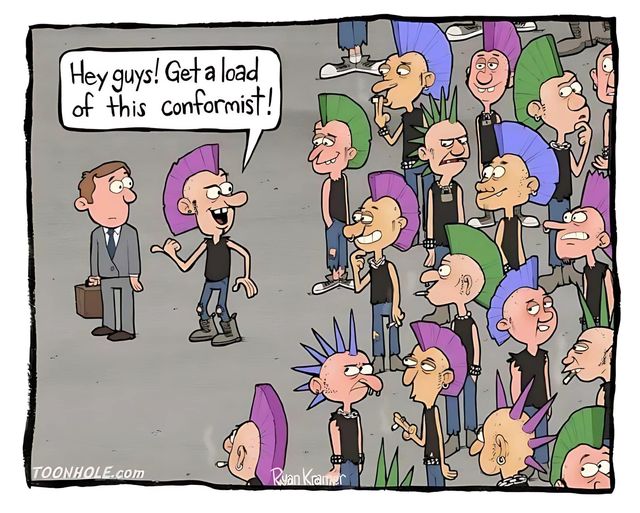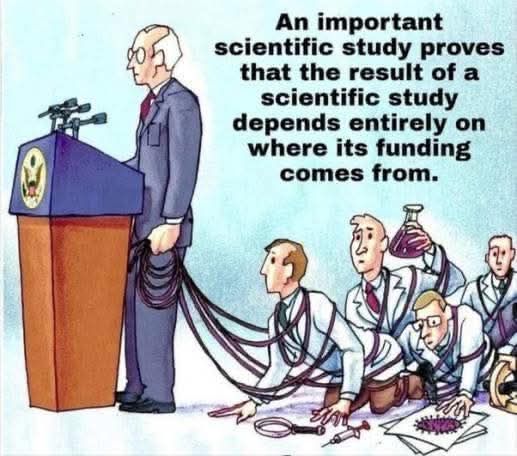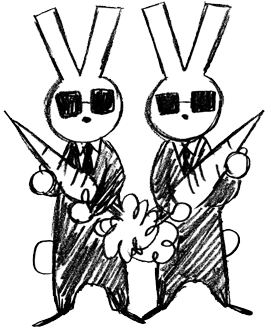The is nothing new to pointing out that our #fashionistas #mainstreaming crew push tech mess.

Remember when drone deliveries were going to revolutionize shopping? When every major news outlet unthinkably reported that we’d have autonomous quadcopters dropping off toothpaste and Amazon boxes on our doorsteps?
Or when 3D TVs were the future of entertainment, pushed so aggressively that manufacturers stopped making non-3D models for a while? Where are they now? Rotting covered in dust in clearance bins or forgotten in garages.
Then there was the Internet of Things (#IoT) hype, your fridge was supposed to talk to your toaster, which would text your smart kettle to boil water before you even knew you wanted tea. Instead, we got insecure, surveillance-riddled devices spying on us for #dotcons corporate profit.
And we need to not forget #blockchain, #NFTs, and the endless #Web3 hype? Each was pushed as a revolution, yet all followed the same pattern of hype, vulture capital gold rush, and then, inevitably, disillusionment. NFTs went from “the future of digital ownership” to being abandoned by even their most vocal promoters.
If we won’t a progressive world, why do we keep pushing this #techshit? Every time a new #mainstreaming tech fad appears, it follows a predictable, boring hype cycle. First, it’s marketed as the next big thing, a must-have, must-invest, must-embrace technology. Then, sceptics, like this site, are ridiculed as out-of-touch or anti-progress, at best or simply trolling at worst. But when the promised revolution never materializes, the same people, quietly move on, forgetting the past mistakes and priming ourselves for the next wave, this is a rinse and repeat cycle.
We need more people, to lift their heads, to say, “Not this again, you were wrong last time”? So we have space to ask why do we let the wannabe #nastyfew feed us this mess, why do we let it slide, allowing the same marketing binds to #blind us over and over?
The answer is that we have our heads down worshipping a #deathcult, and this is the pushing of #fashernista tech, the cycle of embracing new trends not because they work but because they fit the cultural moment. A mixture of corporate propaganda, social pressure, and the desire to be seen as forward-thinking creates a path where critical thinking is drowned out by #FOMO (fear of missing out). It’s fear, simply fear.
How do compost this? A first step is, instead of dismissing #KISS critics, we should embrace grounded scepticism as part of a healthy tech culture. The goal isn’t to reject all new technology, it’s to demand real, meaningful progress rather than letting corporations sell us snake oil over and over. There’s a hashtag for this: #nothingnew, a reminder that most “revolutions” are just recycled ideas repackaged for a new round of exploitation.
This is part of the native #openweb story, not just about technology, but about culture. We don’t need to keep mindlessly adopting every new fad. Instead, we should compost the hype, extract what’s useful, and discard the corporate waste. Yes, it’s messy. But that’s what being native to the #openweb means.
Read more: hamishcampbell.com



